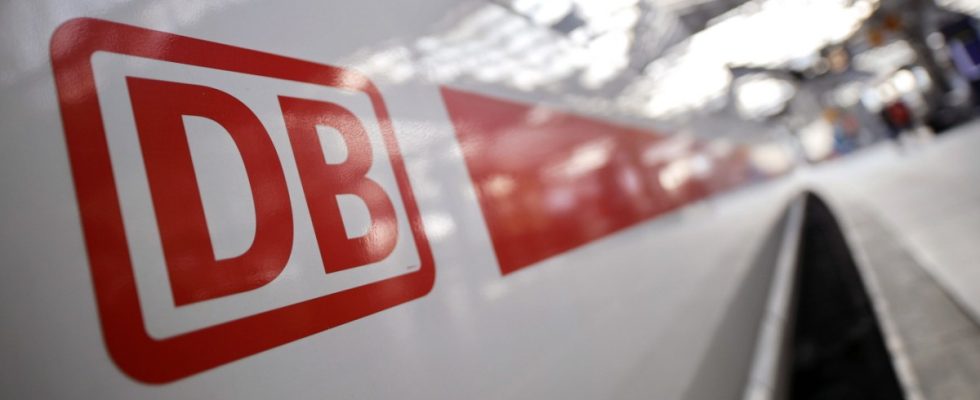The next warning strike at Deutsche Bahn is imminent. In the next few days, the employees would stop working, according to circles of the EVG railway union. The Reuters news agency reports that this will be next Friday. At a press conference on Wednesday morning, the EVG wants to present the strike plans, and the railways have also invited to a press conference.
The background to the forthcoming warning strike is the faltering collective bargaining round, which the EVG is leading with around 50 train companies, above all with Deutsche Bahn. The trade unionists are demanding 12 percent more money or a minimum plus of 650 euros gross per month, according to their idea the new collective agreement should run for one year. For low-income earners – such as cleaning staff or railway security staff – the demands would correspond to a salary increase of more than 25 percent. The EVG negotiates for 230,000 employees, 180,000 of whom are employed by the railways.
The negotiating climate between rail management and trade unionists is tense. With a large-scale transport strike, EVG, together with Verdi, largely paralyzed long-distance and local transport in Germany for one day at the end of March. She justified this by saying that the railway management had not seriously negotiated until then; after some hesitation, the railways initially offered five percent more wages and an inflation premium of 2,500 euros, the term of the collective agreement should have been 27 months. The ECG was clearly not enough.
On the employer side, on the other hand, they were not only annoyed about the violent warning strike, but also about the fact that the EVG did not want to bring forward the next negotiation date with the railways – April 25th is scheduled for this. “Striking now and then not negotiating for four weeks, the union can’t be serious about that,” said HR director Seiler.
This week there was some excitement at EVG about a new advance by Seiler. Last Saturday, the arbitration proposal for the public service became known: the commission recommends that the disputed trade unionists and employers in this industry conclude a contract valid for two years; in the first year there should be an inflation premium of 3000 euros, in the second year wage increases of an average of around eleven percent.
Unions point to restraint during the Corona period
Seiler then said that the railway was planning a degree that should be “rail-specific” and “based on the volume of the public service”. However, EVG’s chief negotiators, Kristian Loroch and Cosima Ingenschay, vehemently rejected this. They are particularly critical of the idea of an inflation compensation premium, instead demanding a quick, classic salary increase. Loroch spoke of “provocation”, Ingenschay said: “We don’t want terms of 24 months or longer, we don’t want inflation compensation either. We want our colleagues to have more money permanently.”
On the one hand, the trade unionists justify their high demands with inflation, which has risen sharply in Ukraine since the war. On the other hand, they point out that they exercised restraint out of economic responsibility during the years of the corona pandemic, when the trains were empty. The lost wages must now be made up for.
In view of the widely differing positions, it seems unlikely that a breakthrough can be achieved in the negotiations starting on April 25. And even after an agreement, rail customers have to be prepared for a rather short strike break. Because in October the collective agreement with the train drivers’ union GDL, which is considered to be particularly combative, expires. The next high demand and the next difficult negotiations are only a matter of time – as is the next strike.

